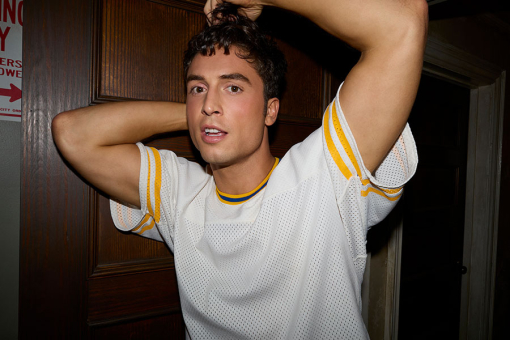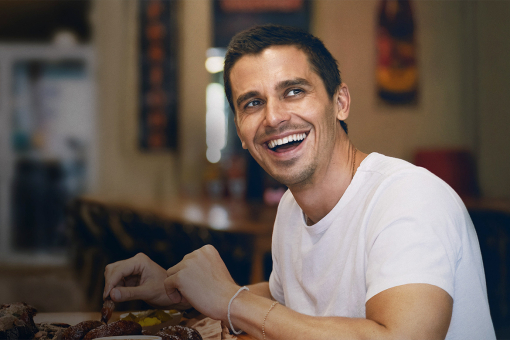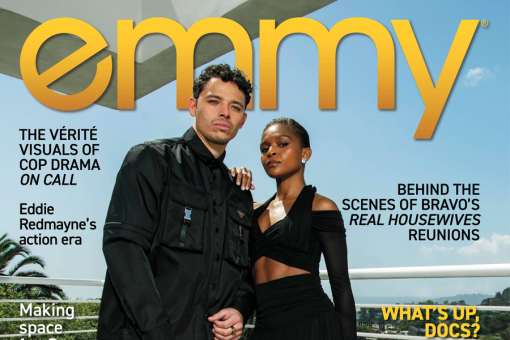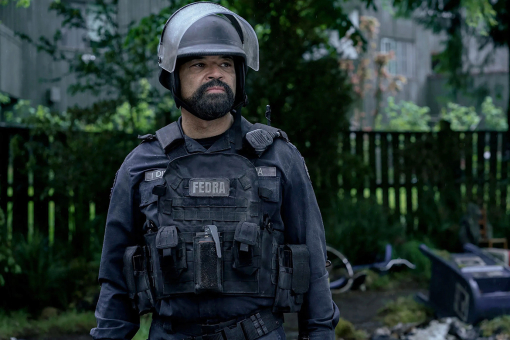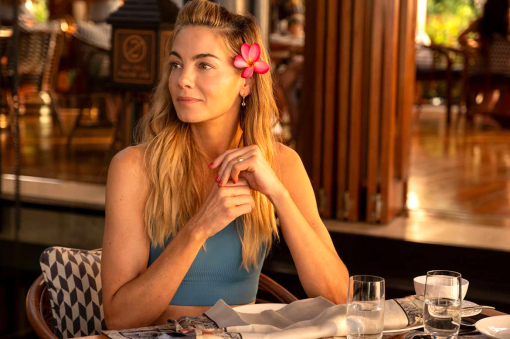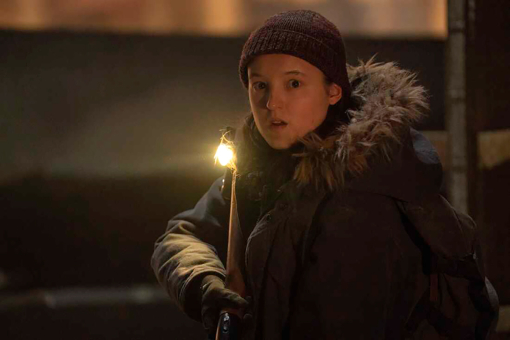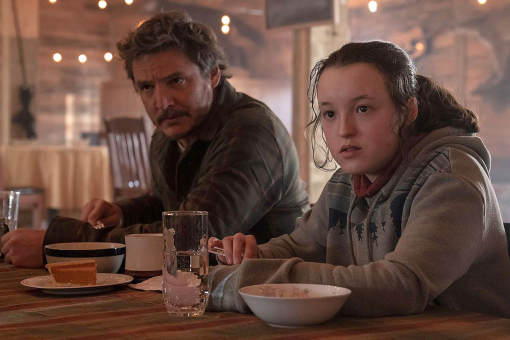At the start of Pee-wee as Himself, Paul Reubens looks directly into the camera and says, "It turns out you’re not really supposed to control your own documentary. As the subject, you don’t have ... what’s the word I’m looking for?" A voice behind the camera provides the answer: perspective.
Four years after filming that moment, director Matt Wolf is still gaining some for himself: "People don’t realize how collaborative the process of making a documentary is. It’s really an issue of learning somebody’s story from them. In the process of learning, you build trust. But I wanted to earn it."
The filmmaker (Recorder: The Marion Stokes Project) did so for the two-part HBO documentary, which premiered in May. It’s a sprawling and insightful portrait of the reclusive comedy legend, from his days in the L.A. comedy scene of the 1970s to the success of his bow-tied alter ego, Pee-wee Herman (in various live shows, on CBS’s Pee-wee’s Playhouse and in three feature films), and from his 1991 arrest in an adult movie theater to his difficult journey back to the mainstream.
 Photo credit: Matt Wolf
Photo credit: Matt Wolf
Though Reubens sat with Wolf for 40 hours over several months, he never told the director he was battling cancer. He died in July 2023 at age 70. "It was totally shocking," Wolf says. Here, he shares more of his experience making Pee-wee as Himself with emmy contributor Mara Reinstein.
How did this documentary come to be?
I’d wanted to make a film about Paul for many years, and I had tried reaching out without success. We ended up connecting through Emma Koskoff and the Safdie brothers. [All three are executive producers of the doc.] Paul and I spoke for hundreds of hours during the height of the pandemic in 2020 until he agreed to proceed with it. What ensued was highly complex but also thrilling.
Can you describe your dynamic? He’s so guarded.
Paul lost control of his personal narrative in the media. He was a visionary artist accustomed to fully controlling anything he ever made. Part of what we do as documentary filmmakers is act as translators to our subjects to find meaning in their story. So, in the process of making the documentary, I asked him to integrate Paul Reubens, who the public knew very little about, with Pee-wee. That wasn’t something he had ever done, and it was a source of conflict in our relationship.
Because you’re a fan, was it unnerving to sit with Paul and not Pee-wee?
During my first Zoom, it was a little surreal. But Paul was so different from Pee-wee, and you forget about it pretty quickly. I never once asked Paul to do the Pee-wee voice for me; it didn't seem like that's what we were there to do.
Early on, Paul says he wants to set the record straight on a few things. Did that include coming out as gay?
He wanted to do that from the outset, but he had a lot of mixed feelings about it. He’s of a generation that didn’t believe in labels. And, as he says in the film, he struggled with that double life. But to be an entertainer, particularly a children's entertainer in Hollywood during that era, he didn't have much choice. I’m a gay person, so I think he trusted me to help him. I was really proud of him for how he did it.
How did he want to handle the scandal?
We were scheduled to do a final interview to speak more in-depth about it, but he passed away. Fortunately, that arrest sometimes did come up, but it was a very fluid stream of consciousness. I would have to often reel him back in to talk about specifics. So, we didn’t make it a big event.
Overall, what really surprised you?
I wouldn't say I was surprised, but I was taken aback by how funny and smart Paul was. He was wickedly intelligent, but not in an academic way. By experience, he also had street smarts. That might not be the right word.
 Photo credit: Courtesy of Michael Ochs Archives / Getty Images
Photo credit: Courtesy of Michael Ochs Archives / Getty Images
You note in the doc that filming stopped for a year. What happened?
As you see, there was a real power struggle. I think Paul was freaked out about the issue of control, and we were at odds about that. But unbeknownst to me, there were other things going on with his health. We paused for a considerable amount of time, but then a week before he passed away, we had figured out a path forward. I had no idea that he was sick — I only could tell something was off. I found out that Paul died, along with almost everybody else in the world, on social media.
Did he seem fulfilled?
I can’t speak for how he felt, but I felt he had a sense of his impact on the world and other people, and he had a sense of gratitude and pride and peace about that. I chose to use those words from him at the end of the film, because they felt very profound. [Reubens recorded a melancholic audio goodbye to his fans the day before he died.]
What do you make of his legacy?
I always saw Paul as an icon hidden in plain sight, both because his controversy overshadowed his artistry and because he found a path to visibility in a children’s television show through this impish character. My hope is that people see Paul for the full complexity of this artistry. We often tear down people we admire, but what he accomplished was fundamentally generous, because he spread a message of acceptance and creativity. I hope that DNA is embedded for future generations.
This article originally appeared in emmy Magazine, issue #8, 2025, under the title "A Visionary in Focus."





